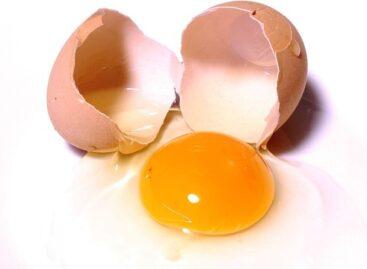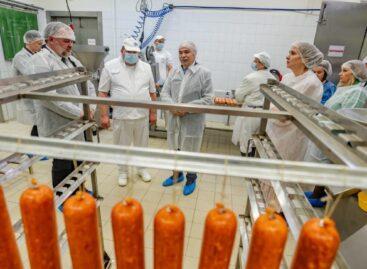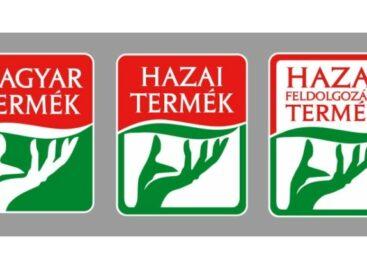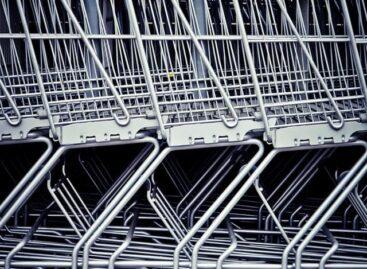Hungarian farmers in pursuit of modern technologies: new directions and challenges in agricultural machinery manufacturing
Modern, sustainable solutions are increasingly gaining ground in Hungarian agriculture – this is what Csaba Farkas, CEO of Metalwolf Kft., reported to Agrárszektor. According to the expert, there is a clear trend that farmers are opening up towards no-till farming, water retention technologies and precision crop production. Meanwhile, however, the willingness to invest has further decreased, which poses serious challenges to the machinery manufacturing sector.

(Photo: Pixabay)
The economic uncertainties that have been lingering since 2022 are making their impact felt this year as well. Csaba Farkas highlighted that due to the unfavorable financing environment, farmers have restrained their developments and are only focusing on the most necessary expenses. As a result, the sales of the Hungarian-owned machinery manufacturing company fell to a three-year low in 2024. “Farmers are very cautious, they are trying to maintain existing resources, and developments have now been pushed into the background,” the company manager told.
Interest in sustainable cultivation methods is growing
Although the economic environment is not conducive to developments, there is also a positive development: the demand for no-till cultivation is constantly growing. According to Csaba Farkas, disc harrows are particularly popular – whether it is a classic V-disc or a short disc – and inter-row cultivators are also becoming increasingly popular. The interest in the latter can be partly attributed to the fact that chemical weed control is in decline, and its place is increasingly being taken by mechanical, environmentally friendly weed control solutions.
Environmental awareness is no longer an option, but an expectation
According to the managing director of Metalwolf Kft., the agriculture of the future is clearly moving towards water-conserving, environmentally conscious technologies. This trend is accompanied by increasingly conscious decisions on the part of farmers: they are looking for machines that not only meet sustainability expectations, but also operate reliably in the long term, supported by a fast spare parts supply and a stable service background. “High input prices and sustainability considerations put precision tillage equipment at the forefront,” emphasized Csaba Farkas.
New obstacles after a good start
The AGROmashEXPO at the beginning of the year brought promising feedback, and it seemed that a positive turn might be underway. However, several worrying signs have emerged since then: such as the sudden appearance of foot-and-mouth disease, which is already causing significant damage to agricultural producers. In addition, tenders are also being delayed. The schemes supporting machine purchases will have to wait until the end of 2025, or even 2026, so they will not provide a solution to the decline in demand experienced in the first half of this year. “The vast majority of buyers would like to purchase machinery through subsidies, so activity is decreasing even further due to expectations,” the expert added.
Outlook: awareness and technology go hand in hand
Although the current market environment is not favorable for machinery manufacturing, the long-term outlook may still be encouraging. The gradual transformation of agriculture – especially the rise of an environmentally conscious approach – is a direction that could stabilize the situation of the machinery industry in the long term.
Agrárszektor
Related news
István Nagy: the European dairy crisis has worsened, immediate treatment is needed
🎧 Hallgasd a cikket: Lejátszás Szünet Folytatás Leállítás Nyelv: Auto…
Read more >Fresh egg exports doubled in 2025
🎧 Hallgasd a cikket: Lejátszás Szünet Folytatás Leállítás Nyelv: Auto…
Read more >Another five billion forints allocated for the development of agricultural vocational training centers
🎧 Hallgasd a cikket: Lejátszás Szünet Folytatás Leállítás Nyelv: Auto…
Read more >Related news
KSH: The volume of exports of food, beverages and tobacco increased by 6.8 percent, while imports increased by 9.8 percent
🎧 Hallgasd a cikket: Lejátszás Szünet Folytatás Leállítás Nyelv: Auto…
Read more >Almost 6 thousand products now bear the 20-year-old Hungarian Product trademark
🎧 Hallgasd a cikket: Lejátszás Szünet Folytatás Leállítás Nyelv: Auto…
Read more >Food industry sales prices increased by 2.4 percent
🎧 Hallgasd a cikket: Lejátszás Szünet Folytatás Leállítás Nyelv: Auto…
Read more >








